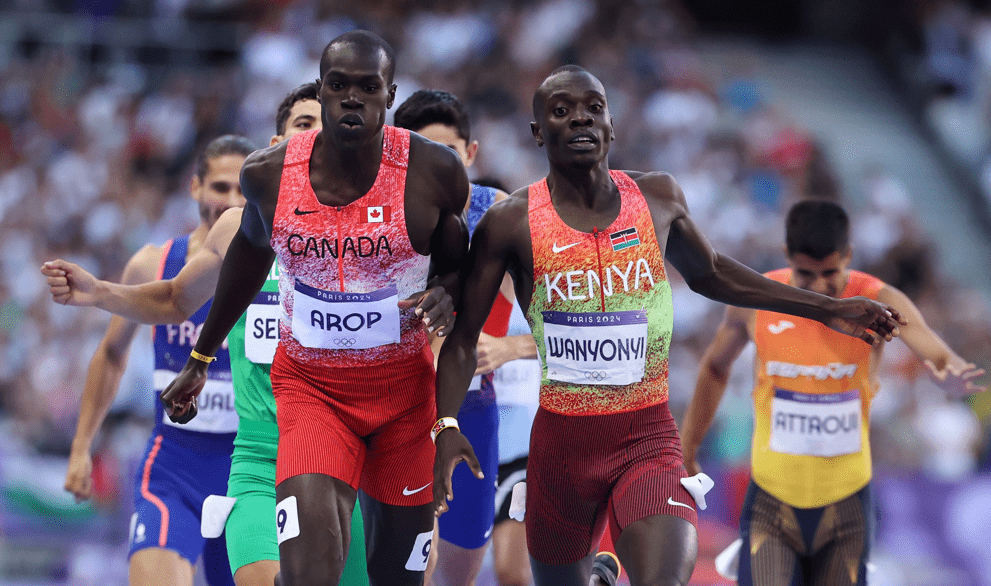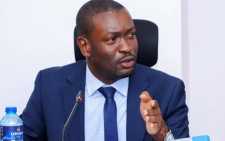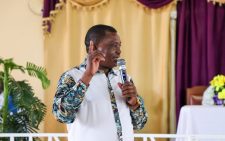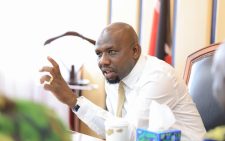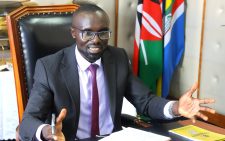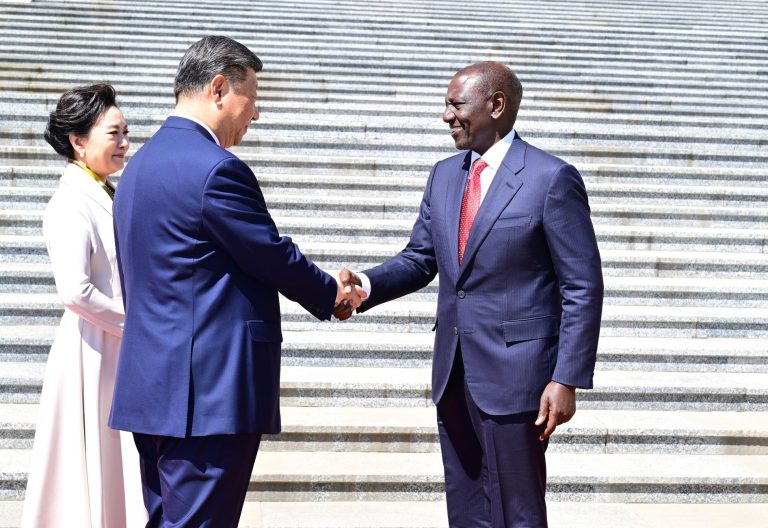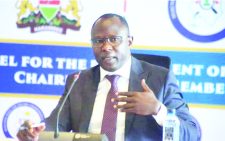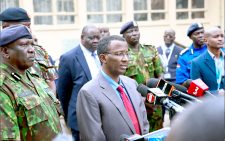Mboya’s legacy of truth evokes reflection
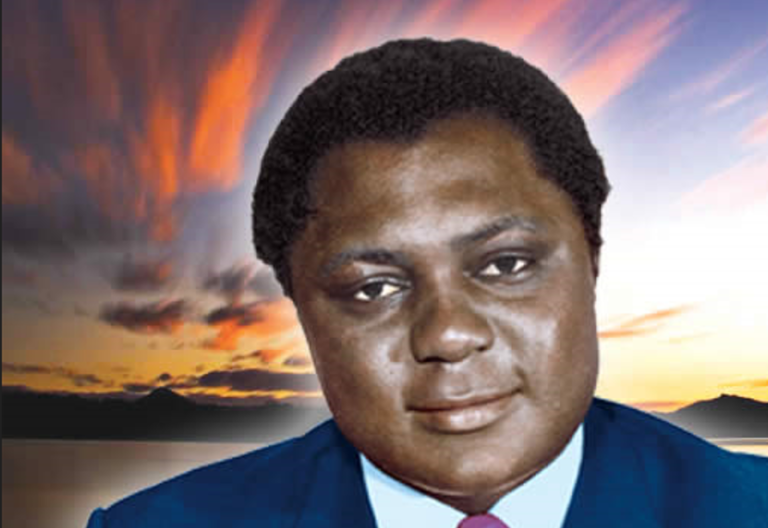
Kenyans last Thursday celebrated 61 years of independence, providing citizens and their leaders an opportunity for deep, sober reflection on our current national predicament.
For those of us born in the colonial era and God-gifted to live under five presidents as children, students and professionals in independent Kenya, we have the indisputable right to give our input on this discourse.
Forty years of life in this dispensation as journalists in our great republic provides greater impetus and authority to pen the good, the bad and the ugly that mark the mosaic of our society.
It is now imperative that the media robustly hold power to account much more than it has done since the colonial era. Kenya’s complex and painful political, economic and social evolution demands sharper scrutiny of the current administration more than the previous four.
Few Kenyans know about Tom Mboya. Reflections on our present national imbroglio are kaput without reference to this eloquent citizen, described as probably the most brilliant politician to emerge out of Kenya.
Mboya was assassinated at the young age of 38 on 5 July 1969 on Government Road (now Moi Avenue), victim of the dark murky intrigues of Kenyan politics still hanging on the nation’s neck like an albatross.
These cruel incidents, including the recent spate of abductions, extrajudicial killings and other gross human rights violations, stain all post-independence regimes.
However, that’s a story for another day. Today’s is confined to Jamhuri Day and the Head of State’s speech in which he was at pains to defend his administration’s track record in office amid damning criticism from a cross-section of Kenyan society led by the Church.
We invoke Mboya’s name because he essentially captured the critical problem facing the nation today (tribalism) before we attained independence with such brutal honesty and truth in his 1963 book Freedom and After.
“From my travels as a schoolboy among the Akamba, Luo and Kikuyu tribes and my years at Jeanes School where students of all tribes were learning together, I had unusual advantages in looking at this vexed question of tribalism,” he wrote.
“I had experienced widely the positive virtues of tribalism in many parts of Kenya, and saw how it was a stabilizing factor in a society which was otherwise changing with overwhelming speed.
“I could also [see] the dangers of negative tribalism, and learned clearly how harmful to Kenya was the man who saw only good in his own people and only evil in those of other tribes.”
The truth of Mboya’s words caution against the creeping deceptive politics of ethnic and constitutional manipulation that evokes deep and sober national reflection.
Enlightened citizens demand leadership that upholds and professes truth as Mboya illuminated it. Apprehension exists of a dearth of transparency and accountability, a credibility deficit on issues affecting wananchi in the economic sphere, governance, health and education sectors.
For all spirited efforts to defend its performance, government is reminded that power belongs to the people donated in trust. It must listen to citizens and not incessantly talk of achievements with bravado and perceived impunity averse to criticism.
Suspicions abound when government constantly defends itself in the face of genuine criticism.
Let the people freely judge the government’s performance. The people can discern truth. Power and its boisterous defenders will never win battles against the truth, the Constitution, the people, the media and the Church.
— The author comments on national affairs; albertoleny@gmail.com
— The writer is dean, School of Communication, Daystar University
